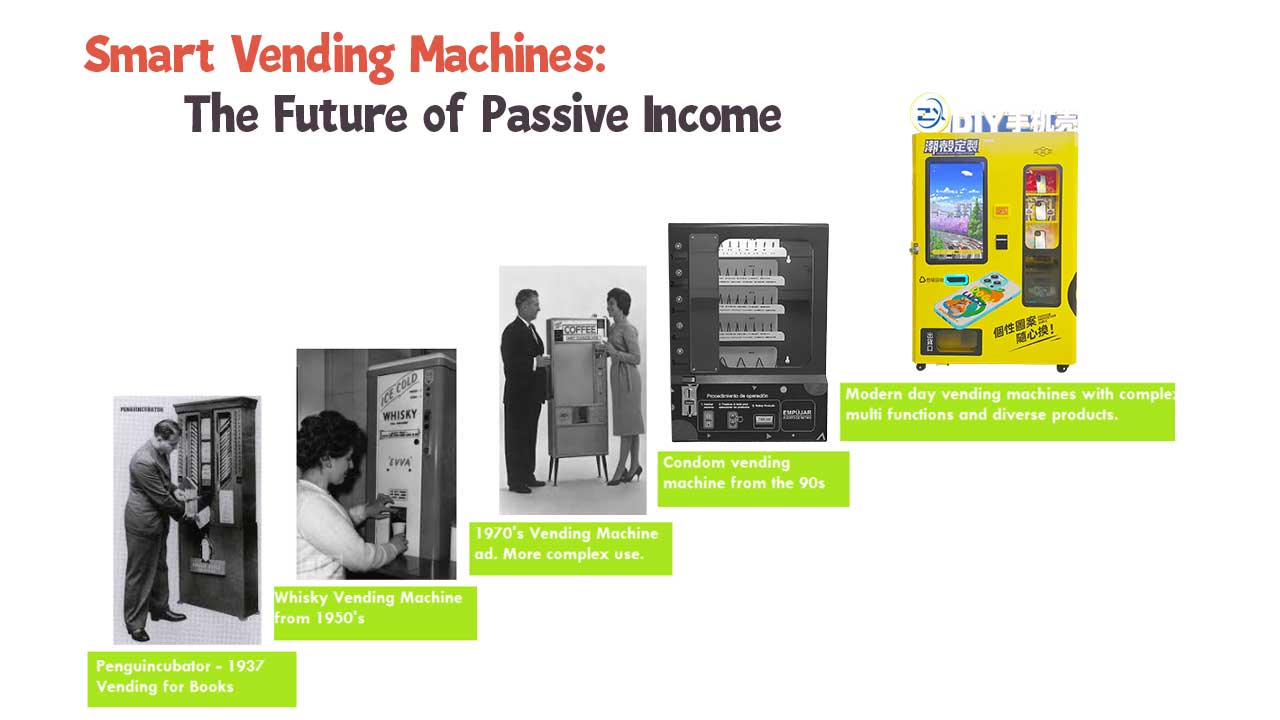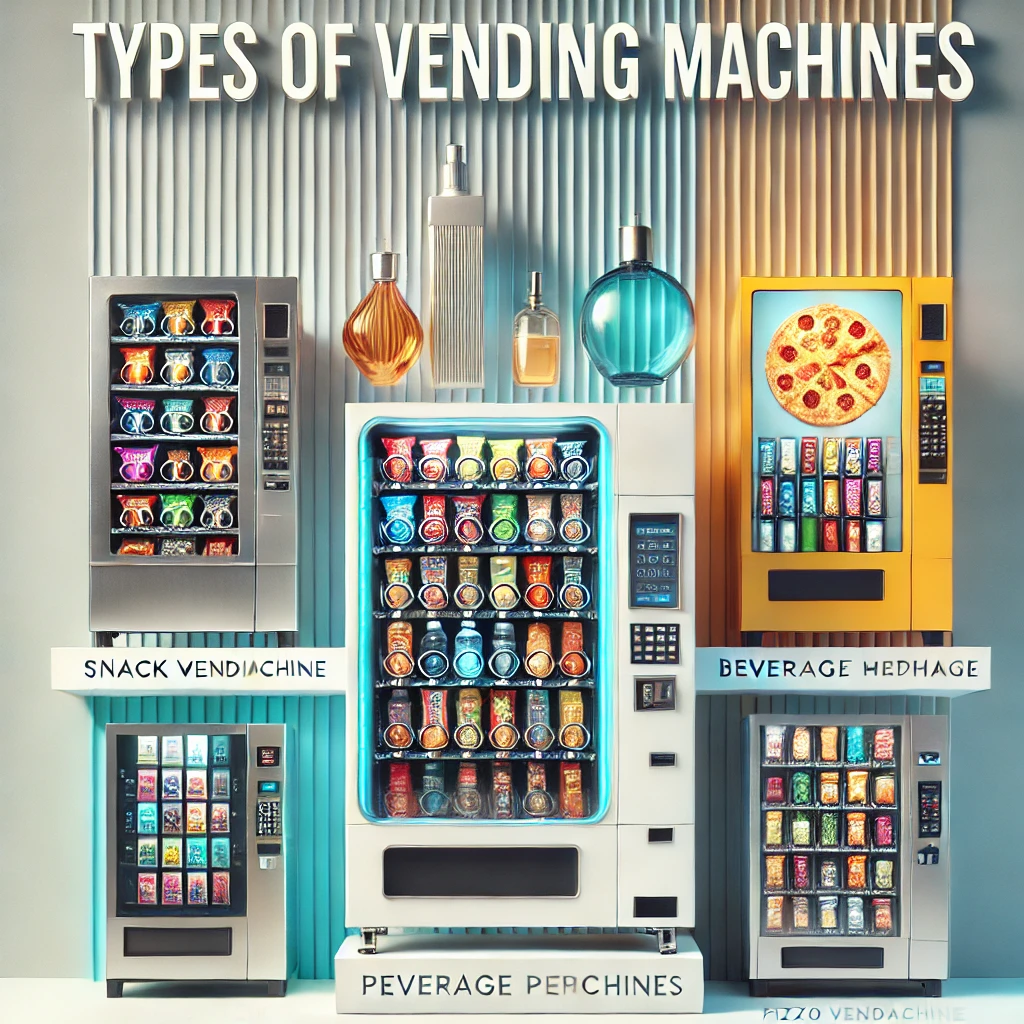The profitability of vending machines has evolved significantly over the decades, with smart vending machines representing a transformative leap. By combining cutting-edge technology with modern consumer demands, these advanced machines prove to be lucrative investments when deployed strategically. Let’s explore their earning potential by analyzing key factors and comparing them to traditional vending machines.
1. Enhanced Profitability Through Technology
Traditional vending machines relied on cash transactions and limited product offerings, often restricting revenue potential. In contrast, smart vending machines integrate cashless payment systems, touchscreens, and AI-driven inventory management. These features expand customer access and improve operational efficiency. For instance, machines like those produced by **Guangzhou Zhongxin Smart Device Co., Ltd. (ZXVENDING)** can process credit cards, mobile payments, and even QR codes, catering to a tech-savvy global audience.
Smart systems also optimize restocking schedules, reducing downtime. When compared to traditional machines, these features lead to fewer lost sales opportunities and higher profit margins.
2. Low Maintenance, High Returns
While older vending machines require frequent manual interventions for repairs and restocking, modern smart machines offer remote diagnostics and automated alerts. For example, a machine in a busy urban hub can notify its operator when product stock is low or if technical issues arise. This ensures seamless operations and keeps costs for maintenance and labor to a minimum.
By contrast, traditional machines often failed unnoticed for days, leading to missed revenue. The efficiency and reliability of smart vending machines make them ideal for generating consistent income.
3. Passive Income with High Scalability
Both traditional and modern vending machines appeal to entrepreneurs seeking passive income, but the scalability of smart vending machines sets them apart. Once installed and stocked, these machines require minimal intervention. With features like remote monitoring, operators can manage multiple machines in various locations from a central dashboard.
Consider a fleet of machines deployed in high-traffic areas like malls or airports. Traditional machines might generate steady income, but smart machines offer higher sales volumes through appealing interfaces, custom promotions, and enhanced customer experiences, all while being monitored from anywhere.
4. Adaptability to Consumer Trends
Traditional vending machines were limited to snacks and beverages, but today’s smart machines are tailored to evolving consumer demands. Health-conscious consumers, for example, prefer organic snacks or freshly made foods, which are easily accommodated by modular smart vending machines.
Machines like **ZXVENDING** can dispense fresh produce, ready-made meals, or even high-demand items like electronics. This adaptability to market trends enables operators to tap into niche markets, such as gyms, tech hubs, or beauty salons, boosting income potential in ways that traditional machines could not.
5. Sustainable Profit in Diverse Markets
The ability to thrive in different environments makes smart vending machines a superior investment. For example, in educational institutions, smart machines offering healthy snacks or even educational tools can align with local regulations and market needs. Meanwhile, in urban business districts, machines providing coffee or customizable phone cases can cater to busy professionals.
Traditional machines lacked this level of customization, often limiting them to basic snack-and-drink setups. The adaptability of smart vending machines ensures sustained relevance and profitability across a broader range of markets.
Conclusion
Smart vending machines, like those developed by **ZXVENDING**, represent a leap forward in profitability compared to their traditional counterparts. By leveraging technology to enhance efficiency, customer experience, and adaptability, they unlock greater income potential. Whether placed in high-traffic areas, niche markets, or general retail spaces, these machines combine the best of passive income with modern innovation, proving that vending machines can indeed make good money in today’s fast-paced world.



















